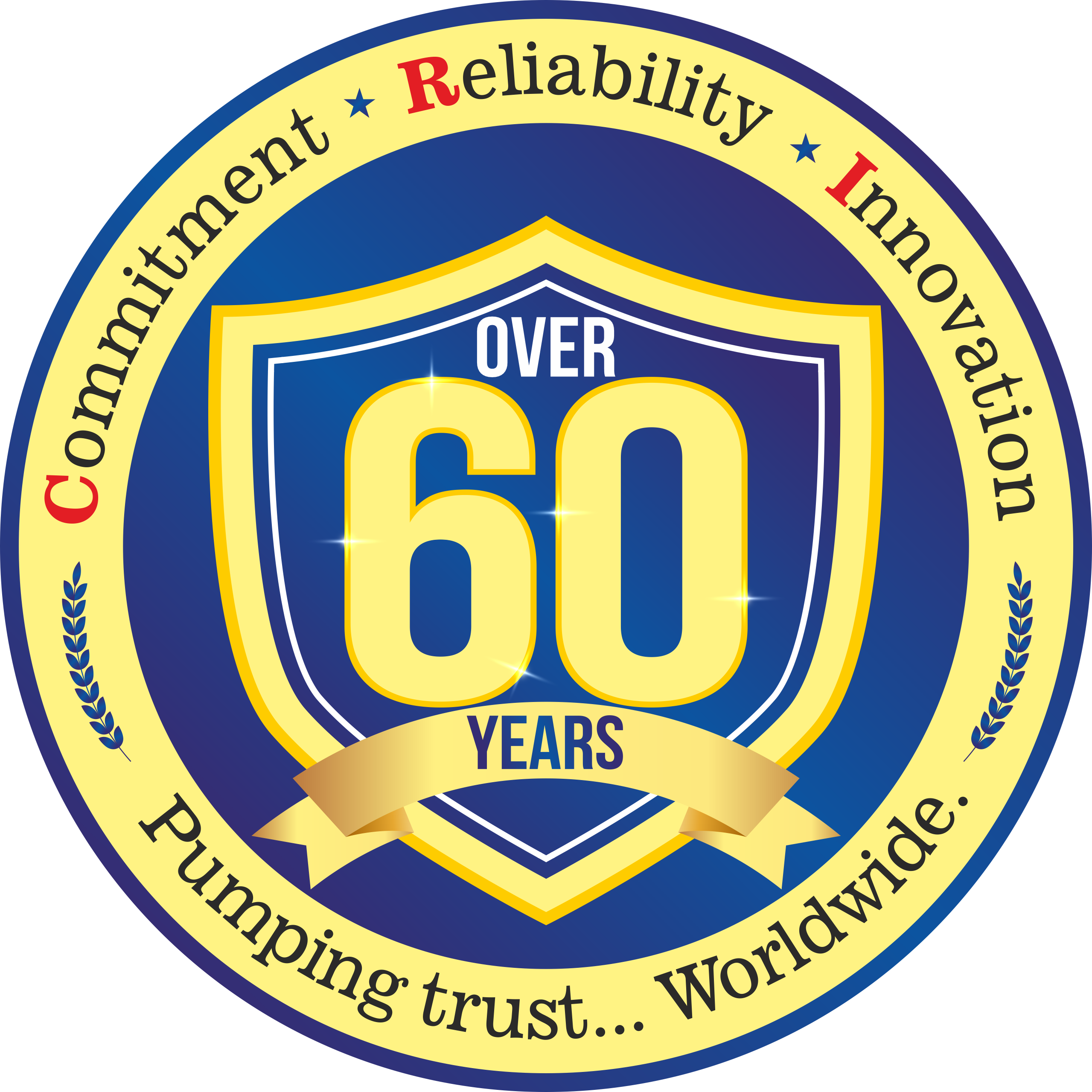How to Select the Best Water Pump for Domestic Use in India?
A Guide to select the best water pump for domestic use in India Welcome to the world of water pumps. Water pumping has come through a great evolution in the past decades. With the recent advancements in technologies, the water pumps have evolved to the next generation pumps. If you get to look at the products offered in the market, the water pumps are available for any certain capacity and the products are available starting 0.5 HP till 10 HP. Different types of pumps available for use Submersible Pumps Usually, these pumps are submerged inside the water tank, open well, or a Borewell. Centrifugal Pumps These are usually high-performance pumps used in heavy applications with a steady flow of water. Booster Pumps These pumps boost the speed of water inside your house, ensuring equal distribution of water in all outlets. If you are looking for a spa in your bathroom shower, this is the pump for you. I Smart Pumps The pumps with multiple benefits and suit all the residential needs. NextGen pumps The pumps are advanced in technology and bring in comfort and ease of use for any residential pumping needs. Now that you are aware of the various pump types, let us now understand the list of questions you need to ask to select the right pump. Here we go: 1. What is your required flow of water? Usually, the flow of water depends on your consumption and the capacity of the underground tank to the overhead tank. The flow is an important criterion while you choose your pump. 2. Do you have any electricity fluctuation? There are various advanced pumps in the recent decades that can accommodate electricity and power fluctuations. Also, you need to check whether you have one phase or 2 phase, or 3 phase electricity connection at your residence. 3. Does the pump provide electricity savings? Check if the pumps are BEE Star Rated. The star ratings are awarded by BEE (Bureau of Energy Efficiency, Ministry of Power, and Government of India) after a series of rigorous testing to identify the total savings, and based on the grade of savings, the pumps are offered star ratings. 5 star rated pumps offer the best power savings. 4. What will be the power consumption? The water pumps will consume electricity and be measured in kilowatt (kW) or horsepower (HP). The HP varies based on the requirement of the pumping needs and for residential needs, the HP varies from 0.5 to 1.5 HP. For apartments and larger applications, the HP can extend to 100’s of HP. We are sure you have heard these terms when your plumber or electrician speaks about the need for the pumps. Again summarizing, ask the plumber or electrician, or mechanic the following questions before choosing if you need a larger pump. How long do I need to run the pump to fill the overhead tank? What will be the electricity bill consumption? What’s the star rating in the pump? What if there are electricity fluctuations, will the pump be able to work in fluctuations? What HP of pumps is required? (Anything above 1.5HP for residential or for your bungalow, is to be cross-checked) What’s the guarantee and the warranty the pump offers? Where do I need to register the warranty? How about the after-sales service? Where is the closest service center? In the case of booster pumps, what’s the overall tank capacity? Equipped with this information, you now will be in a position to make a smart decision before buying a water pump C.R.I.’s water pumps have been designed with these needs in mind. They are sturdier and deliver effective performance with low power consumption. Fit & Forget as a motto, C.R.I. offers a wide range of residential, domestic, agricultural, and solar pumps, and it has been the preferred choice of many buyers over time. With superior motors, anti-corrosive coating, high efficiency, low power consumption, and conservation of water, C.R.I. has revolutionized the way we perceive water pumps.







